Brain Vitamins
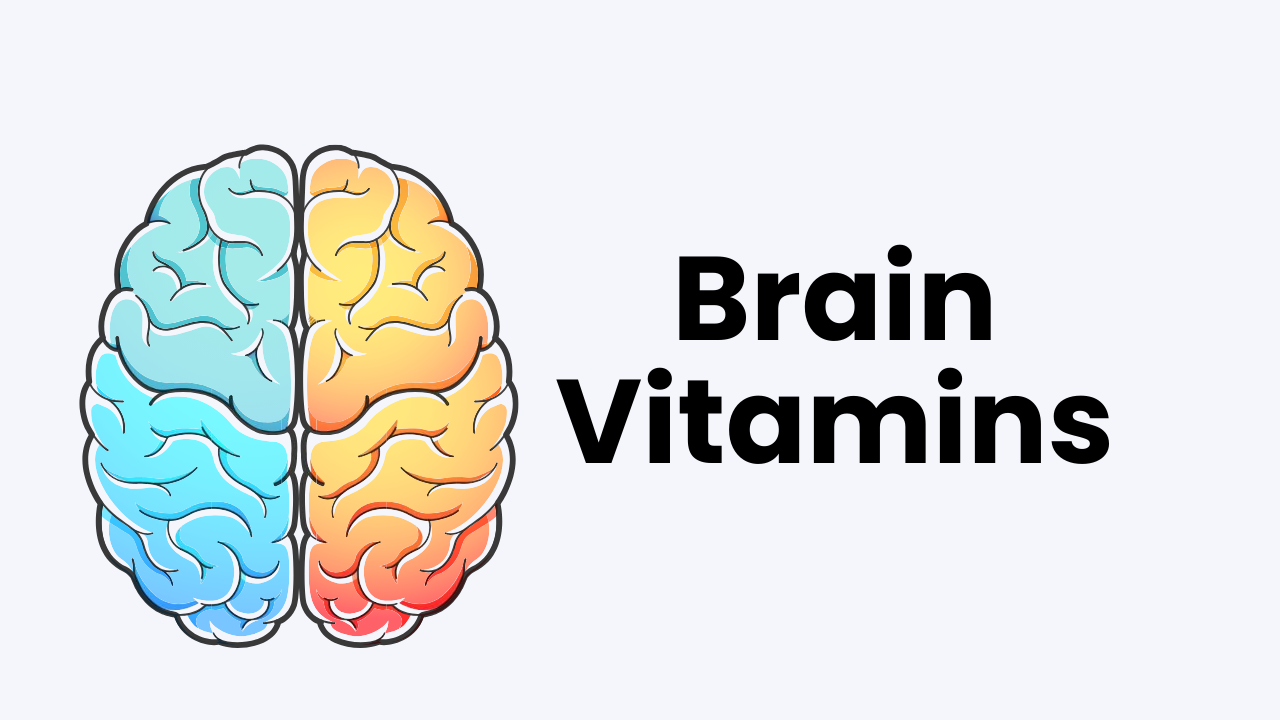
Did you know that certain vitamins are essential for optimal brain function?
We explore the world of brain vitamins - what they are, why they are important, the benefits they provide, and the risks of vitamin deficiency.
We also discuss the different types of brain vitamins, including Vitamin B Complex, Vitamin C, Vitamin D, Omega-3 Fatty Acids, Iron, and Magnesium.
Learn how to incorporate these vital nutrients into your diet through food sources and supplements, and discover the best sources of brain vitamins such as whole grains, fruits and vegetables, nuts and seeds, fish and seafood, and lean meats.
Uncover the power of brain vitamins for a healthier mind and body.
What Are Brain Vitamins?
Brain vitamins refer to essential nutrients that play a crucial role in supporting cognitive function, memory, and overall brain health. These vitamins are vital for maintaining optimal brain function and supporting neural pathways.
They are crucial in promoting mental clarity and sustaining focus and concentration. Brain vitamins contribute significantly to brain development, aiding in the formation of new neural connections and protecting against cognitive decline. By ensuring the health of brain cells and neurotransmitters, these vitamins enhance mental performance and cognitive abilities. Including brain vitamins in your daily diet can have a profound impact on your overall brain health and cognitive function.
Why Are Brain Vitamins Important?
Brain vitamins are important for sustaining optimal brain health and function. They provide the necessary nutrients to support cognitive function, memory retention, and overall mental acuity.

These vitamins play a crucial role in enhancing focus, concentration, and mental clarity. By supporting brain neurons and improving brain function, brain vitamins aid in combating brain fog, resulting in better mental performance and increased energy levels. Incorporating brain vitamins into one's diet or through supplements can help prevent cognitive decline and promote long-term brain health. From Vitamin B complex for neurotransmitter function to antioxidants like Vitamin E for protecting brain cells, each brain vitamin serves a specific purpose in maintaining cognitive well-being.
What Are The Benefits Of Brain Vitamins?
The benefits of brain vitamins encompass enhanced cognitive function, improved memory retention, and increased mental clarity. Key nutrients like zinc, magnesium, and antioxidants play a vital role in supporting brain health.
These essential nutrients are crucial for neurotransmitter function, which is essential for optimal brain performance. For example, zinc is involved in processes related to learning and memory, while magnesium supports synaptic plasticity, aiding in efficient brain communication.
Studies have shown that antioxidants protect brain cells from oxidative damage, potentially reducing cognitive decline and improving overall brain function. Incorporating these brain vitamins into your daily routine can help boost focus, concentration, and overall mental well-being.
What Are The Risks Of Vitamin Deficiency?
Vitamin deficiency can lead to cognitive decline, impacting brain health and overall well-being. Insufficient intake of essential nutrients like vitamin B12 and vitamin D may contribute to neurological issues and cognitive impairments.

Vitamin B12 plays a crucial role in nerve function and the formation of red blood cells, essential for transporting oxygen to the brain. Without an adequate supply of vitamin B12, individuals may experience memory problems, difficulty concentrating, and mood fluctuations.
Similarly, vitamin D deficiency has been linked to an increased risk of cognitive decline and conditions like dementia. Maintaining optimal levels of these vitamins is vital for supporting brain health and reducing the risk of cognitive impairments as we age.
What Are The Different Types Of Brain Vitamins?
Various types of brain vitamins exist to support cognitive function, memory retention, and overall brain health. These vitamins are essential for maintaining optimal brain function and supporting neural pathways.
- Vitamin B complex, for instance, plays a crucial role in energy production and neurotransmitter synthesis, aiding in proper brain function.
- Vitamin C is known for its powerful antioxidant properties, which help protect brain cells from free radicals and oxidative stress.
- Omega-3 fatty acids are essential for brain health, as they contribute to the structure of brain cells and play a role in cognitive function.
- Vitamin D supports neuroplasticity, while vitamin E acts as a protective agent against cell damage in the brain.
Vitamin B Complex
The Vitamin B Complex is a group of essential vitamins that play a vital role in supporting cognitive function, memory retention, and overall brain health. These vitamins are crucial for maintaining optimal brain function and supporting neural pathways.

Each B vitamin within the complex serves a unique purpose in enhancing brain health. Vitamin B1 (Thiamine) helps in converting carbohydrates into energy that the brain utilizes. Vitamin B6 (Pyridoxine) is essential for neurotransmitter synthesis, which aids in communication between brain cells. Vitamin B12 (Cobalamin) supports the formation of myelin, a protective layer around nerves, promoting faster nerve transmission and cognitive functions. When combined, these B vitamins work synergistically to optimize brain function and mental clarity, ensuring improved cognitive performance and memory retention.
Vitamin C
Vitamin C is a powerful antioxidant that supports cognitive function, memory retention, and overall brain health. This essential vitamin plays a key role in protecting brain cells and supporting neural pathways.

Vitamin C helps in the production of neurotransmitters such as serotonin and dopamine, which are crucial for mood regulation and cognitive processes. By reducing oxidative stress, Vitamin C aids in minimizing cognitive decline associated with aging. Citrus fruits like oranges, strawberries, and kiwis are excellent sources of Vitamin C, along with bell peppers and broccoli. Including these vitamin-rich foods in your diet can help boost brain function, improve memory, and enhance mental clarity for better focus and cognitive performance.
Vitamin D
Vitamin D is essential for supporting cognitive function, memory retention, and overall brain health. This crucial vitamin plays a significant role in regulating neurotransmitters and supporting brain development.
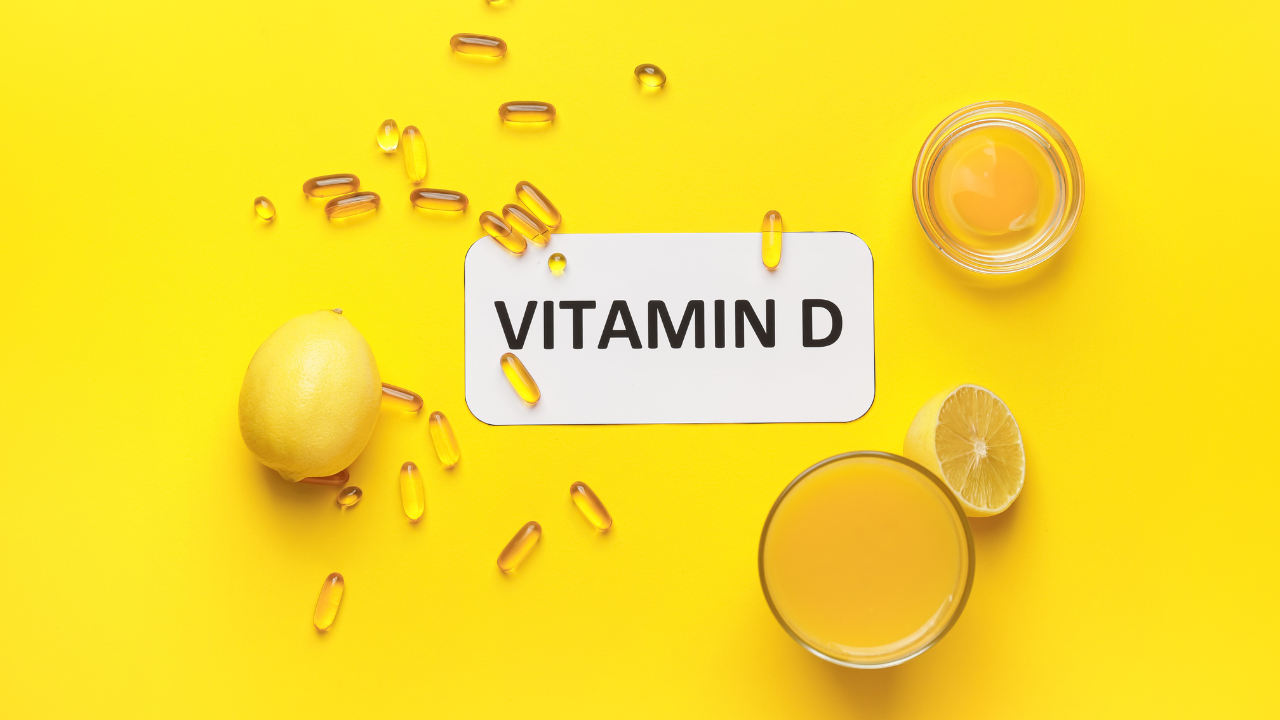
It has been found that Vitamin D receptors are present in various brain regions, indicating its direct involvement in cognitive processes and mental well-being. Research suggests that Vitamin D can help in reducing the risk of cognitive decline and neurodegenerative diseases such as Alzheimer's. The active form of Vitamin D, calcitriol, has been known to interact with key neurotransmitters like dopamine and serotonin, which are essential for mood regulation and cognitive functions. Adequate levels of Vitamin D are essential for optimal brain function and mental acuity throughout one's lifetime.
Omega-3 Fatty Acids
Omega-3 fatty acids are essential nutrients that support cognitive function, memory retention, and overall brain health. These healthy fats play a crucial role in maintaining optimal brain function and supporting neural pathways.

They are particularly beneficial for brain development in children and can also help in reducing the risk of age-related cognitive decline in adults. Studies have shown that Omega-3 fatty acids, such as DHA and EPA, can improve focus, concentration, and memory.
Sources of Omega-3 include fatty fish like salmon, walnuts, chia seeds, and flaxseeds. For those who may not get enough from diet alone, supplements are available to ensure an adequate intake for optimal brain health.
Iron
Iron is a vital mineral that supports cognitive function, memory retention, and overall brain health. This essential nutrient plays a key role in oxygen transport to the brain and supporting neural pathways.

Low iron levels can lead to cognitive impairments, affecting concentration, focus, and mental sharpness. Iron deficiency may result in decreased oxygen supply to the brain, hindering cognitive performance. Adequate iron intake is crucial for maintaining optimal brain function and mental acuity.
Research suggests that iron plays a significant role in neurotransmitter synthesis, which is essential for proper communication between brain cells and overall cognitive processes. Ensuring a balanced iron intake through diet or supplements can support cognitive function and promote healthy brain aging.
Magnesium
Magnesium is an essential mineral that plays a crucial role in supporting cognitive function, memory retention, and overall brain health. This nutrient is vital for maintaining optimal brain function and supporting neural pathways.
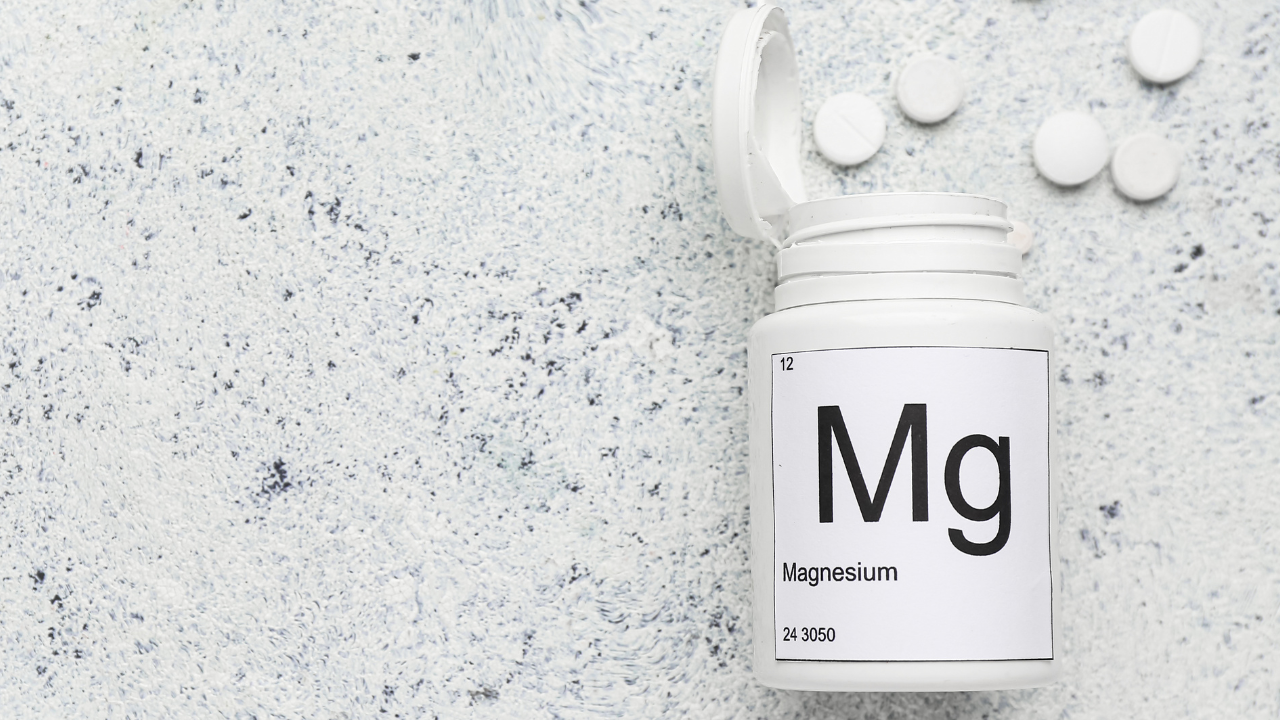
Magnesium is known to enhance mental clarity and focus by aiding in neurotransmitter function and facilitating communication between brain cells. Research suggests that a magnesium-rich diet or supplementation can improve learning and memory, making it a valuable ally for cognitive health.
Excellent food sources of magnesium include leafy greens, nuts, seeds, and whole grains. Magnesium supplements are readily available and can be a convenient way to ensure you are meeting your daily magnesium needs for optimal brain function.
How To Get Brain Vitamins?
Brain vitamins can be obtained through various means, including dietary sources and supplements. Ensuring a balanced intake of essential nutrients is crucial for supporting cognitive function, memory retention, and overall brain health.
Incorporating nutrient-rich foods like leafy greens, fatty fish, nuts, and seeds into your daily meals can provide a natural source of brain-boosting vitamins such as Vitamin E, Omega-3 fatty acids, and antioxidants.
Considering supplements like Vitamin B12 or DHA when necessary can help fill any nutrient gaps that may be present in your diet.
By being mindful of your food choices and supplement use, you can optimize your brain health and ensure that you are giving your brain the support it needs to function at its best.
Through Diet
Obtaining brain vitamins through a well-rounded diet rich in nutrients is essential for supporting cognitive function, memory retention, and overall brain health. Consuming brain-boosting foods can help enhance mental clarity and focus.
Incorporating foods like fatty fish, such as salmon and trout, into your meals provides essential omega-3 fatty acids that support brain function and help protect the brain's structural integrity.

Including blueberries, rich in antioxidants and anti-inflammatory properties, can aid in improving communication between brain cells and potentially delaying cognitive decline.
Nuts and seeds, like walnuts and chia seeds, are excellent sources of vitamin E, which is known to protect neurons from oxidative stress.
Dark leafy greens, like spinach and kale, are packed with nutrients such as folate and vitamin K, which are essential for cognitive health and memory.
These nutrient-dense foods form the foundation of a brain-healthy diet, promoting optimal brain support and overall well-being.
Through Supplements
Supplements can be a convenient way to ensure adequate intake of brain vitamins that support cognitive function, memory retention, and overall brain health. Brain-boosting supplements offer a targeted approach to enhancing brain health.
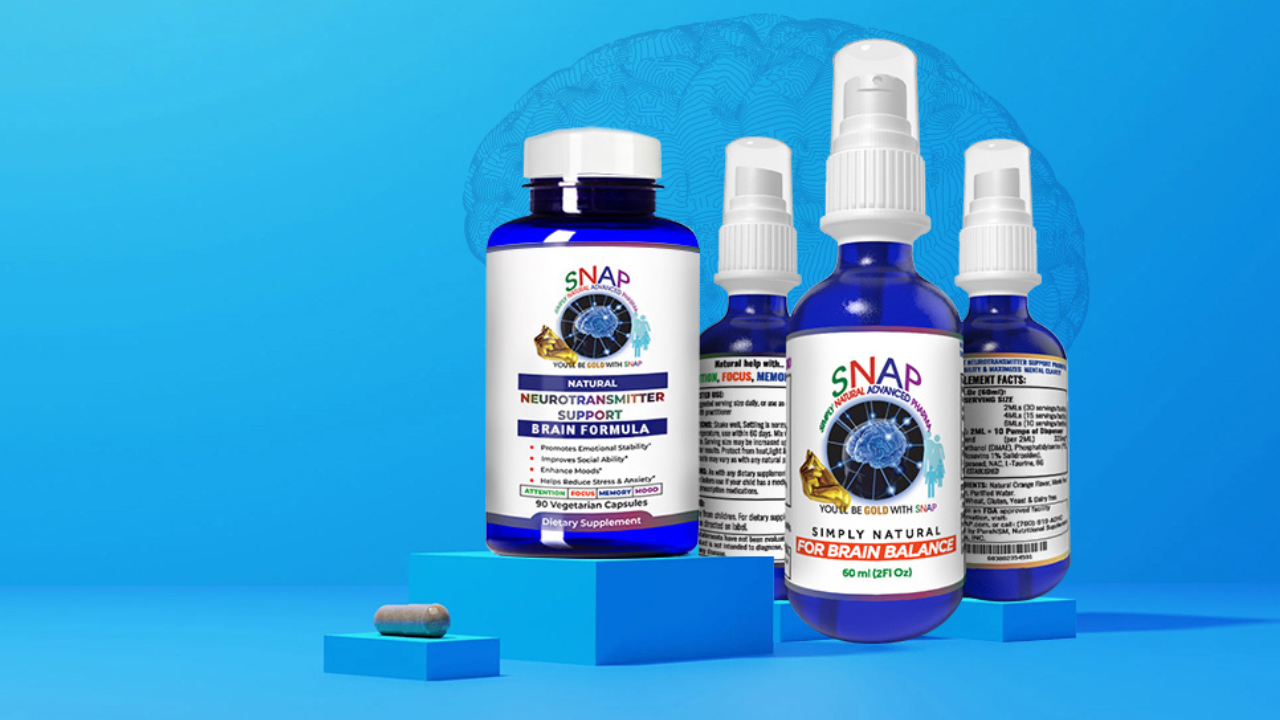
By incorporating brain-boosting supplements into your daily routine, you can provide your brain with the essential nutrients it needs to function optimally. These supplements are designed to target specific areas of cognitive performance, such as memory, focus, and mental clarity.
When used in conjunction with a balanced diet rich in brain-healthy foods, these supplements can complement dietary sources to further enhance your brain function and mental acuity. Brain-boosting supplements may offer a convenient solution for individuals who may have difficulty obtaining all necessary vitamins solely through food sources.
What Are The Best Food Sources Of Brain Vitamins?
Certain foods serve as excellent sources of brain vitamins, essential for supporting cognitive function, memory retention, and overall brain health. Including these brain-boosting foods in your diet can contribute to improved mental clarity and focus.
- Nutritional powerhouses such as fatty fish like salmon and mackerel are rich in omega-3 fatty acids, which are crucial for optimal brain function.
- Nuts and seeds, including almonds, walnuts, flaxseeds, and chia seeds, provide a healthy dose of vitamin E, an antioxidant that helps protect brain cells.
- Dark leafy greens like spinach and kale are packed with vitamins A, C, and K, along with folate, all of which support cognitive function.
- Berries, particularly blueberries, are known for their high levels of antioxidants that can help enhance memory and learning abilities.
Whole Grains
Whole grains are an excellent source of nutrients that support cognitive function, memory retention, and overall brain health. Incorporating whole grains into your diet can help enhance mental clarity and focus.

- These nutrient-dense grains are rich in essential vitamins, minerals, and antioxidants that play a crucial role in brain function.
- For instance, whole grains contain B vitamins like folate, thiamine, and niacin, which are essential for neurotransmitter synthesis and nerve function.
- The high fiber content in whole grains supports cardiovascular health, ensuring optimal blood flow to the brain for improved mental acuity.
By including whole grains such as oats, quinoa, and brown rice in your meals, you can nourish your brain and promote long-term cognitive well-being.
Fruits and Vegetables
Fruits and vegetables are rich in essential nutrients that support cognitive function, memory retention, and overall brain health. Including a variety of fruits and vegetables in your diet can enhance mental clarity and focus.

The diverse range of vitamins and antioxidants present in these natural foods plays a vital role in maintaining optimal brain function and cognitive performance. Vitamin C found in citrus fruits helps protect brain cells, while blueberries and leafy greens contain antioxidants that support memory retention. By incorporating colorful fruits and vegetables into your meals, you provide your brain with the necessary building blocks to stay sharp and healthy.
Nuts and Seeds
Nuts and seeds are nutrient-dense foods that support cognitive function, memory retention, and overall brain health. Including a variety of nuts and seeds in your diet can contribute to improved mental clarity and focus.

These powerful little foods are packed with essential nutrients such as omega-3 fatty acids, antioxidants, vitamins, and minerals that play a vital role in supporting brain function.
Omega-3 fatty acids, found in walnuts, flaxseeds, and chia seeds, are particularly beneficial for brain health as they help reduce inflammation and promote healthy neuron communication. The antioxidants in nuts and seeds protect brain cells from oxidative stress, while vitamins like vitamin E support cognitive processes.
By nourishing your brain with these nutrient-rich foods, you can enhance your mental acuity, memory retention, and overall brain function.
Fish and Seafood
Fish and seafood are excellent sources of essential nutrients that support cognitive function, memory retention, and overall brain health. Consuming fish and seafood can enhance mental clarity and focus.

The omega-3 fatty acids, including EPA and DHA, present abundantly in fish and seafood, are crucial for optimal brain function and cognitive performance. These fatty acids aid in maintaining the structure of brain cell membranes, facilitating communication between brain cells.
Fish and seafood are rich in nutrients like vitamin D, selenium, and iodine, all of which play a significant role in supporting brain health. Regular consumption of fish has been linked to a reduced risk of cognitive decline and may help in improving memory and concentration levels.
Lean Meats
Lean meats are a valuable source of nutrients that support cognitive function, memory retention, and overall brain health. Including lean meats in your diet can help enhance mental clarity and focus.

These meats are rich in essential nutrients like iron, zinc, and B vitamins, which play a crucial role in maintaining healthy brain function. Iron helps deliver oxygen to the brain, supporting cognitive processes, while zinc aids in neurotransmitter function, crucial for optimizing memory retention. B vitamins such as B12 and folate are essential for neurologic health, promoting the formation of neural pathways and contributing to improved mental acuity and focus.
Synergistic Effects of Brain Vitamins
While each brain vitamin provides its own unique benefits, it's important to recognize the synergistic effects they can have when combined. A balanced intake of multiple brain vitamins can amplify their cognitive-enhancing properties and provide comprehensive support for overall brain health.
For instance, the B-complex vitamins work together to support energy production, neurotransmitter synthesis, and myelin formation, all of which are crucial for optimal brain function. Combining B vitamins with antioxidants like vitamins C and E can offer added protection against oxidative stress and age-related cognitive decline.
Omega-3 fatty acids, when consumed alongside fat-soluble vitamins like D and E, can promote better absorption and utilization of these nutrients for brain health. Minerals like iron and magnesium also work in tandem with various vitamins to support neurotransmitter function, oxygen transport, and overall neurological processes.
By incorporating a variety of brain vitamins from diverse food sources, you can take advantage of these synergistic effects and provide your brain with a well-rounded nutritional foundation for peak cognitive performance.
Personalized Approach to Brain Vitamin Intake
While brain vitamins are essential for everyone, it's important to recognize that individual needs may vary based on factors such as age, gender, lifestyle, and overall health status. A personalized approach to brain vitamin intake can help optimize cognitive function and ensure you're meeting your specific nutritional requirements.
For instance, older adults may need higher levels of certain brain vitamins like B12 and D to support cognitive function and prevent age-related decline. Pregnant women have increased nutrient demands to support fetal brain development, necessitating a higher intake of brain-boosting vitamins and minerals.
Individuals with certain health conditions, such as neurological disorders or cognitive impairments, may benefit from targeted supplementation under the guidance of a healthcare professional.
By working with a qualified nutritionist or healthcare provider, you can assess your individual needs and develop a personalized plan for incorporating brain vitamins through dietary adjustments, targeted supplementation, or a combination of both.
Lifestyle Factors Affecting Brain Vitamin Absorption and Utilization
While consuming brain vitamins through a balanced diet and supplementation is crucial, it's also important to consider lifestyle factors that can impact their absorption and utilization by the body.
Chronic stress, for instance, can deplete certain brain vitamins like B-complex and vitamin C, making it essential to prioritize stress management techniques alongside proper nutrition.

Regular exercise has been shown to improve nutrient absorption and brain oxygenation, potentially enhancing the cognitive benefits of brain vitamins.
Adequate sleep is also crucial, as sleep deprivation can impair brain function and reduce the efficacy of brain-boosting nutrients.
Furthermore, certain medications, medical conditions, and dietary habits (such as excessive alcohol consumption or a highly processed diet) can interfere with vitamin absorption and utilization.
By adopting a holistic approach that addresses lifestyle factors alongside proper brain vitamin intake, you can optimize the cognitive benefits of these essential nutrients and support long-term brain health.
Brain Vitamins and Cognitive Reserve
The concept of cognitive reserve refers to the brain's ability to withstand age-related changes and neurological insults, such as those associated with conditions like Alzheimer's disease or other forms of dementia. Research suggests that maintaining optimal levels of brain vitamins throughout life can contribute to building cognitive reserve and potentially delaying the onset of cognitive decline.
Antioxidants like vitamins C and E, for instance, can help protect brain cells from oxidative damage, a key contributor to age-related cognitive impairment. Omega-3 fatty acids have been linked to preserving brain structure and function, potentially slowing the progression of neurodegenerative diseases.
B vitamins like folate and B12 play a role in maintaining healthy levels of homocysteine, an amino acid associated with increased risk of cognitive decline and dementia when present in excess.
By incorporating a variety of brain vitamins into your diet and lifestyle, you can support the brain's resilience and cognitive reserve, potentially reducing your risk of age-related cognitive disorders and preserving mental sharpness as you age.
Integrating Brain Vitamins into a Comprehensive Brain Health Plan
While brain vitamins are essential for cognitive function, it's important to recognize that they are just one piece of the puzzle when it comes to maintaining overall brain health. A comprehensive brain health plan should incorporate a variety of strategies, including:
- Regular physical exercise: Engaging in regular aerobic and strength-training exercises can improve blood flow, promote neurogenesis (the formation of new brain cells), and reduce the risk of cognitive decline.
- Cognitive stimulation: Challenging your brain with mentally stimulating activities, such as puzzles, learning new skills, or engaging in mentally demanding hobbies, can help build cognitive reserve and promote neuroplasticity.
- Social engagement: Maintaining an active social life and fostering meaningful connections can provide cognitive stimulation, reduce stress levels, and potentially lower the risk of cognitive impairment.
- Stress management: Chronic stress can have detrimental effects on brain health, making it essential to incorporate stress-reducing practices like meditation, yoga, or mindfulness into your routine.
- Quality sleep: Adequate, high-quality sleep is crucial for cognitive function, memory consolidation, and overall brain health. Prioritizing good sleep hygiene can support optimal brain performance.
By integrating brain vitamins into a comprehensive brain health plan that addresses multiple aspects of cognitive well-being, you can maximize the benefits and support lifelong cognitive vitality.
Conclusion
Brain vitamins are essential nutrients that play a crucial role in supporting cognitive function, memory retention, and overall brain health. From the energy-boosting B-complex vitamins to the antioxidant power of vitamins C and E, and the structural support provided by omega-3 fatty acids, each brain vitamin contributes to optimal brain performance.
By incorporating a variety of brain-boosting foods like leafy greens, fatty fish, nuts, and seeds into your diet, and considering targeted supplementation when necessary, you can ensure an adequate intake of these vital nutrients.
However, it's important to recognize that brain vitamins are just one component of a comprehensive brain health plan. Adopting a holistic approach that addresses lifestyle factors, cognitive stimulation, stress management, and overall well-being can amplify the benefits of brain vitamins and support lifelong cognitive vitality.
Remember, your brain is a remarkable organ, and investing in its health through proper nutrition and a brain-friendly lifestyle can pay dividends in the form of enhanced mental clarity, improved memory, and a reduced risk of age-related cognitive decline.
Embrace the power of brain vitamins and take proactive steps towards a sharper, more resilient mind � your cognitive well-being is worth the investment.
Take Charge of
Your Brain Health Today!
Shop Now!
Similar Articles:
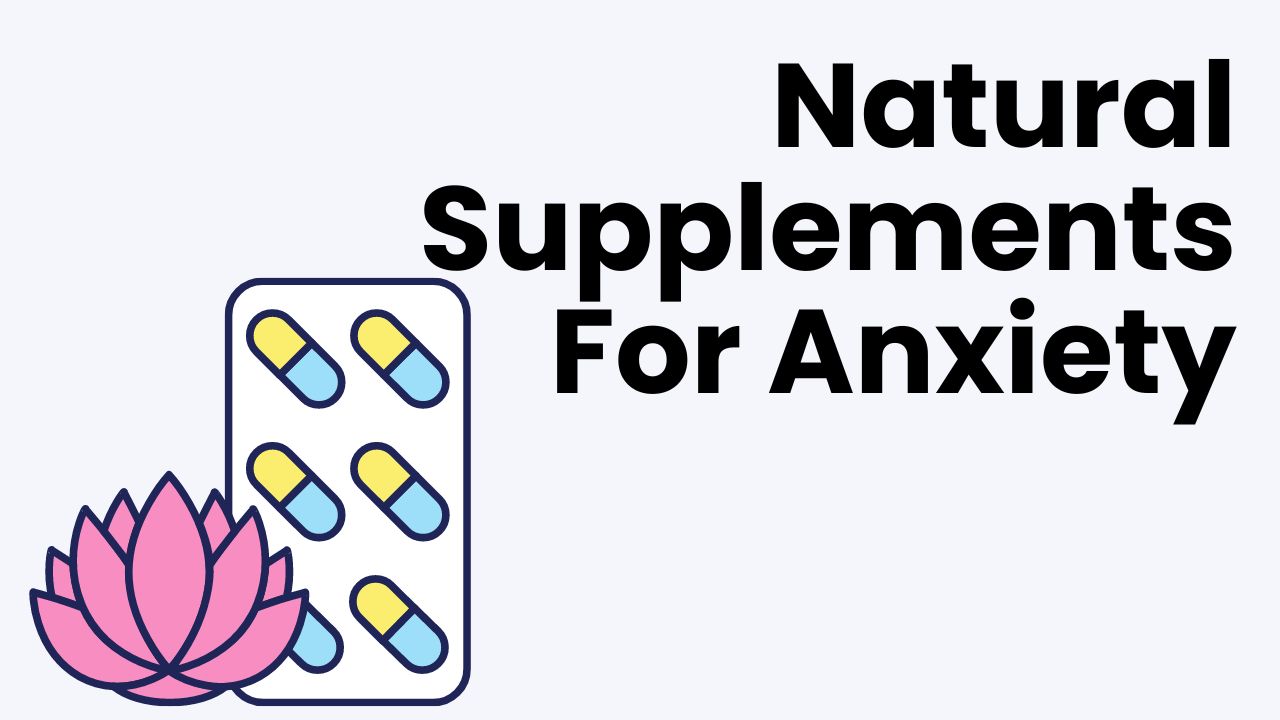
Natural Supplements For Anxiety
nxiety is a common mental health issue that affects millions of people worldwide. It can be characterized...
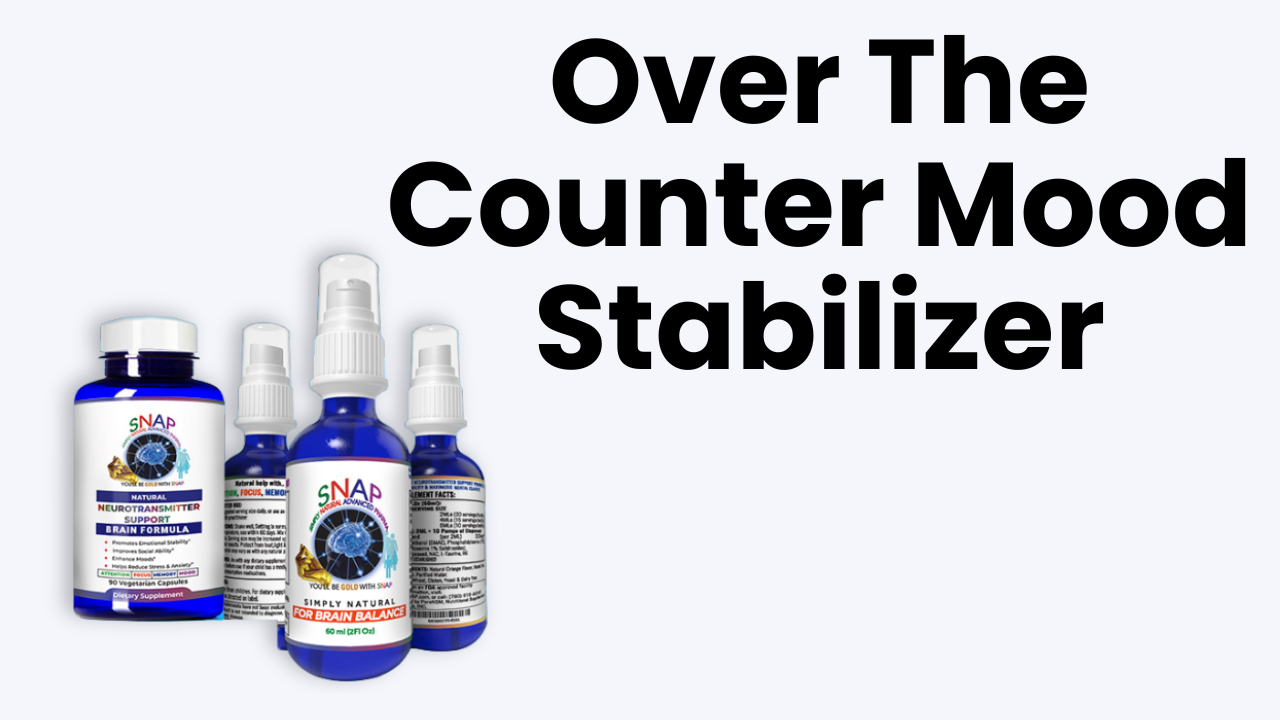
Over the Counter Mood Stabilizer
In the fast-paced, ever-evolving landscape of modern society, the prevalence of neurological and behavioral...

Supplements For Anxiety
Anger is a natural human emotion that can be triggered by various factors, such as stress, frustration...